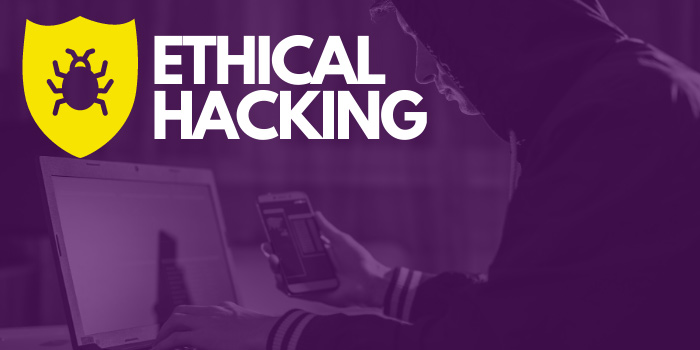Ethical Hackers: Heroes of the Cyberverse

You’ve surely heard about the stereotypical hacker that lurks in the shadows and works illegally to steal your information. According to a study at the University of Maryland, there is a hacker attack every 39 seconds. So, it’s no surprise that these types of criminals have become increasingly infamous. But did you know there are also hackers who work for good? Keep reading to learn what ethical hacking means, how ethical hackers help defend against cybercrime, and how you can get into the industry.
What Are Malicious Hackers?
It is believed that the term “hacker” was first used in relation to people who attempted to tamper with computer components and machines in general around the 1960s at the Massachusetts Institute of Technology (MIT). Today, a hacker is defined as an individual who illegally accesses data from a computer or other technology. This is achieved by exploiting weaknesses in systems using a variety of means, such as bugs, algorithms, private networks, and more. These types of hackers are malicious!
What Are Ethical Hackers?
Fortunately, ethical hackers are able to come to the rescue! Ethical hacking is a form of legal invasion on computers and other technology in order to assess overall security and possible vulnerabilities. These cybersecurity professionals are hired to help defend against attacks from malicious organizations and individuals. They get into the minds of malicious hackers by imitating how they think, understanding their strategies, and predicting what their next moves may be. Certified ethical hackers work for large companies and organizations in a variety of fields including healthcare, banking, national security, and much more.
How Do Ethical Hackers Defend Against Cybercrime?
There are several fields within the ethical hacking industry that use various means to defend against invasions. For example, ethical hackers who specialize in penetration testing are responsible for testing vulnerabilities in systems. They assess the level of security of a particular system by attempting to hack into it as if they were a malicious actor. Ethical hackers who specialize in web server and cloud storage security are responsible for ensuring the safety of private data. They assess and secure all the possible access points that could be breached during an invasion. There are many other specific areas of ethical hacking, but they all work toward a common goal – to pinpoint and fix security issues before they can be exploited.
How Do I Enter the Cybersecurity Industry?
Interested in getting started in the field of cybersecurity? Check out these related programs offered at Minnesota State University, Mankato:
- Computer Science
- Computer Engineering and Computer Engineering Technology
- Computer Information Technology
To get more news, updates, and tips from IT Solutions, bookmark our newsfeed, find us on Facebook, and follow us on Twitter.



